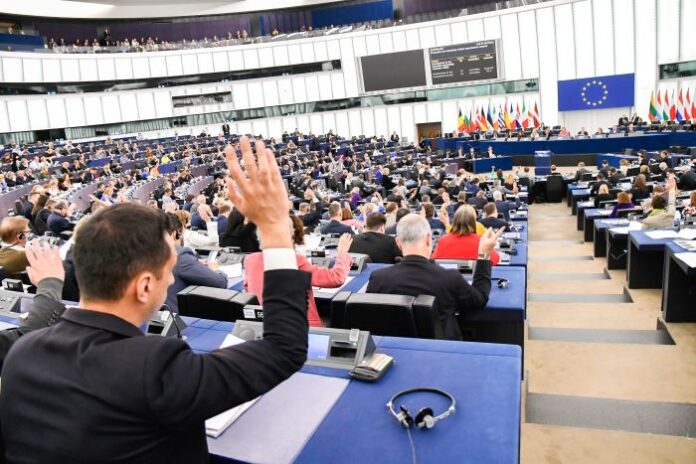The European elections strengthened the European democracy. Today, foreign interference, information manipulation, and disinformation threaten this democratic process. The European Digital Media Observatory documented that disinformation actors from inside and outside the EU seek to undermine the integrity of the electoral process and citizens’ trust in democratic processes by promoting polarisation in European societies and spreading disinformation. The Eurobarometer indicated that 81% of EU citizens agree that news or information that misrepresents reality or is false threatens democracy.
Attempts to mislead citizens
Various organisations and groups such as the European Digital Media Observatory, the European Fact-Checking Standards Network, and EUvsDisinfo have identified and exposed many attempts to mislead voters with manipulated information in recent months. Disinformation actors have spread false information about voting procedures discouraged citizens from voting and tried to create division and polarisation by exploiting controversial topics.
These attempts often involve flooding the information space with false and misleading information to hijack public debate. High-profile politicians and leaders are frequently targeted in these campaigns. European policies such as support for Ukraine, the European Green Deal, and migration are also common targets for disinformation. Disinformation actors have used networks of fake accounts and fake or impersonated media outlets to manipulate the information environment. Recent revelations by the European External Action Service (EEAS) and national authorities of EU Member States include operations such as False Facade, Portal Kombat, and Doppelgänger.
Additionally, an investigative report called “Operation Overload” by Finnish software company Check First documented how suspicious accounts contacted more than 800 fact-checkers and media in over 75 countries in an attempt to overload them with false information, drain their resources, and convince them to spread this false information through debunking articles.
EU institutions increase efforts to protect citizens from information manipulation
While the threats are there, so are the EU’s collective responses. Based on a clear mandate from the political leadership, the EU institutions have been tackling the challenge stemming from foreign information manipulation and interference, including disinformation, for years. These efforts occur in close collaboration and coordination between the institutions and with the involvement of a wide range of other stakeholders, such as EU Member States, media and fact-checkers and civil society, to share insights, exchange experiences and best practices and coordinate responses.
Being at the global forefront of addressing threats related to foreign information manipulation and interference, the EU is working in close cooperation with its like-minded partners outside of the EU via fora, such as the G7 Rapid Response Mechanism, among others.
To raise resilience to external interference attempts, the EU has developed a dedicated toolbox to counter foreign information manipulation and interference, including tools ranging from situational awareness and resilience building to legislation and diplomatic levers. All these efforts always take place with full respect to European fundamental values, such as freedom of expression and opinion. The EU institutions have promoted several activities, including awareness-raising campaigns and media literacy initiatives, to raise societal resilience against disinformation and information manipulation.
New EU legislation in place
Between 2019 and 2024, the European Parliament passed several significant laws, including the Digital Services Act (DSA), the AI Act, and the Act on Transparency and Targeting of Political Advertising. During this time, the Parliament’s Special Committee on Foreign Interference in all Democratic Processes in the European Union, including disinformation, highlighted the issue of foreign interference and disinformation.
The committee recommended that all sectors of society, not just through laws, take action to address these issues. The DSA mandates that platforms evaluate and minimise risks related to safeguarding electoral processes, such as disinformation and AI-generated content. The DSA is already in effect and is being enforced by the Commission for “very large online platforms” — those with at least 45 million users in the EU or 10% of the EU population.
The Commission has initiated proceedings against X and Meta, including Instagram and Facebook, for potential violations of the DSA related to election integrity. As a preventive measure, the Commission released election guidelines in March 2024, outlining the steps platforms must take to ensure compliance.
Additionally, in April 2024, the Commission conducted a voluntary stress test involving designated platforms, civil society, and national authorities. The Commission continuously engages with platforms to ensure the effective implementation and adherence to the DSA.

